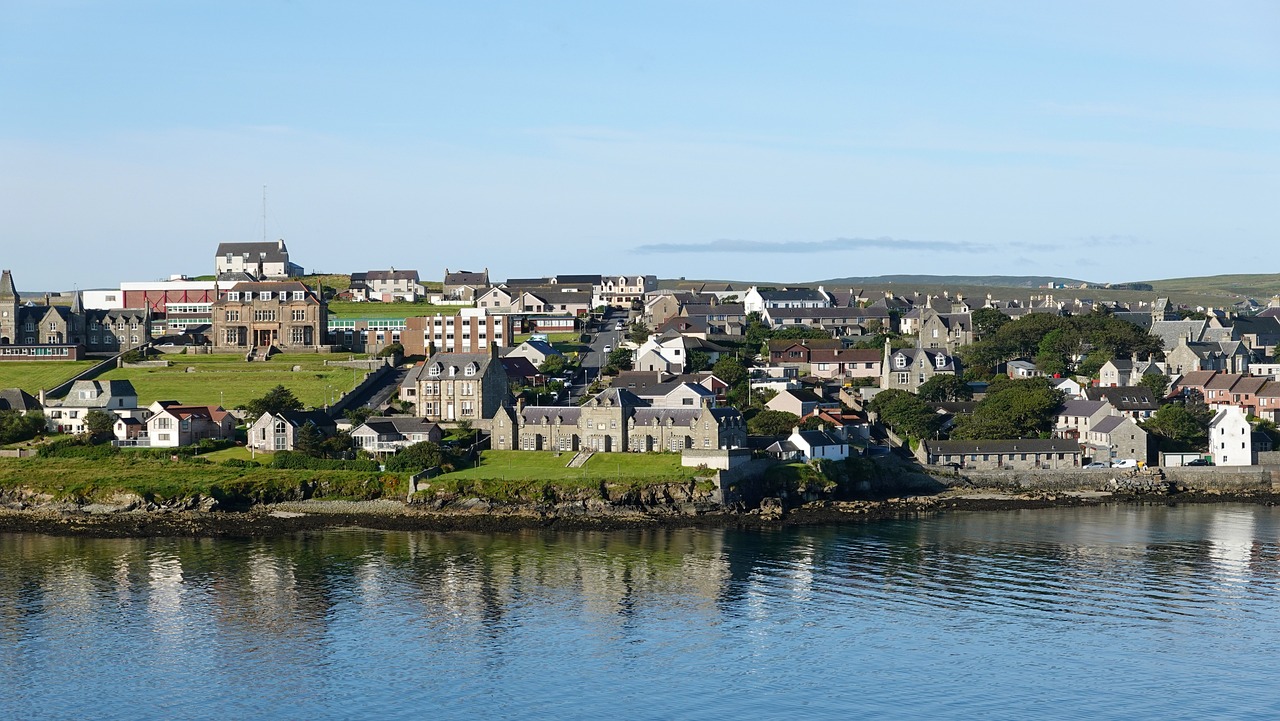Sumburgh-based Ness Engineering Ltd is reducing carbon emissions in its operations by investing in four zero-emission welfare units.

The units, which are being piloted at the Viking Wind Farm in Shetland, are predicted to cut CO2 emissions by up to 118 tonnes over three years which is equal to around 44 tonnes of diesel. By using solar panels and lithium-ion battery storage as well as utilising rainwater harvesting and water recycling these units are helping Scotland edge closer to their net-zero target.
"This project is the result of Ness Engineering's aims to move the company in a more sustainable and environmental direction. We're delighted to support this initiative and look forward to continuing working with Ness as the project develops."
George Irvine, senior development manager at HIE
Ness Engineering provides welfare units to construction sites, which typically include toilets, a canteen, and a rest area for workers. Traditionally, these units are powered by diesel generators, which emit harmful pollutants into the air so the transition to zero-emission welfare units will not only reduce emissions but also minimise power consumption and increase the time between service intervals.
"Many people in the industry are as keen as we are to see real change and a move towards a sustainable net zero, carbon neutral future. We're confident these units will become the new expected standard of welfare provision. Initial data from the units’ power and water use since installation on-site in April looks very promising and the CO2 savings for the year should be significant. We’re confident these units will become the new expected standard of welfare provision.”
Alistair Leslie, managing director at Ness Engineering Ltd
